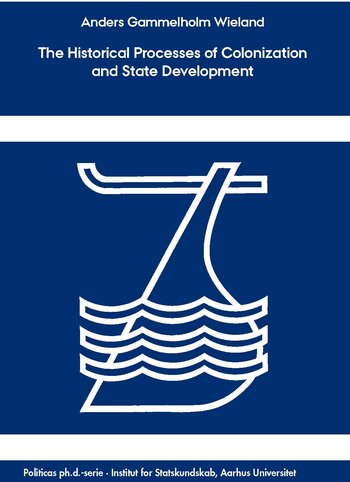Anders Gammelholm Wieland
The Historical Processes of Colonization and State Development

The state is the most powerful social organization in today’s world. It coordinates important aspects of human intercourse that make life easier for millions of people. Everything from infrastructure to protection against theft and violence is all organized by the state. However, the state as we know it today is a recent institutional phenomenon. Thousands of years ago, the modern state had not yet emerged. Instead, the world was characterized by weak and underdeveloped premodern states. What explains the origins and development of such premodern states and what were their consequences? Based on four articles, this dissertation focuses on premodern states on the African and European continents to shed new light on all three parts of this question. First, the dissertation demonstrates that the rise of the transatlantic slave trade created political instability in precolonial African polities. Second, many of these indigenous institutions were integrated into colonial administrations after European colonization. The dissertation shows that the spatial distribution of colonial power determined which indigenous institutions became part of the colonial state and which were destroyed in the process. Third, premodern states had very different political regimes that came to be important for long-run development. The dissertation documents that forms of precolonial democracy shaped modern development in places where such institutions survived colonial rule. Fourth, premodern states were also important for long-run development in another respect. The dissertation finds that weak premodern states stunted long-run development but also created a political environment that promoted political liberty.
![]() Ophavsretten tilhører Politica. Materialet må ikke bruges eller distribueres i kommercielt øjemed.
Ophavsretten tilhører Politica. Materialet må ikke bruges eller distribueres i kommercielt øjemed.